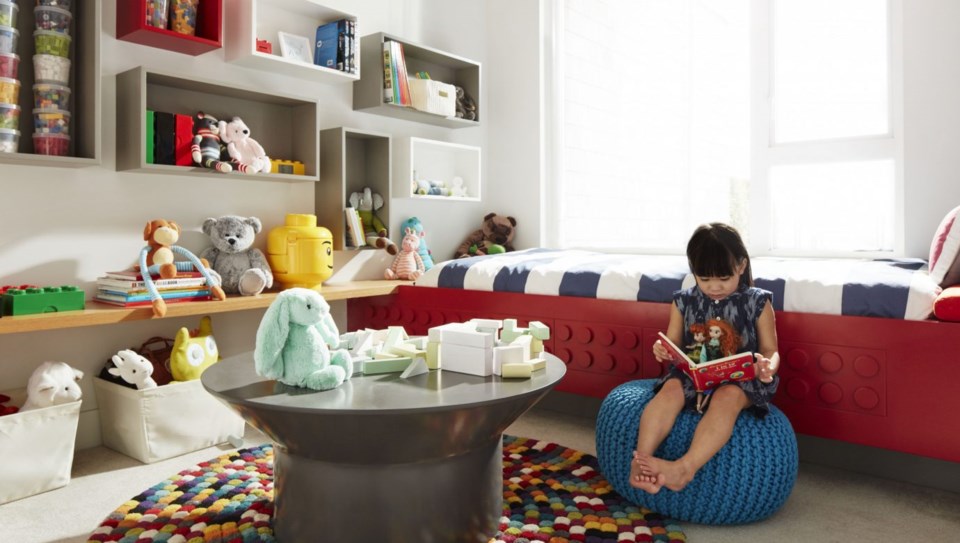The high cost to buy a home — and the new mortgage rules — are making Port Coquitlam an unaffordable place to live, according to a new municipal study.
PoCo, considered to be the cheapest place to purchase land in the Tri-Cities, is seeing the gap in its housing stock, with half of its supply in detached homes.
Now, the city wants to level the playing field that will help: residents get into more rental units; families reside in a home with more than one bedroom; and first-time homebuyers have more “ground-oriented” options like townhomes.
Last month, the city’s community and intergovernmental committee tasked staff to come up with new policies and regulations that follow on the Housing Action Plan, a 2015 report that’s become outdated due to the market changes.
Staff’s recommendations, which are part of the planning division’s 2019 work plan and have yet to be considered by council, call for 10 per cent of new units — for additional density — be secured as non-market rental suites, the report reads.
As well, the city will look at implementing “family-friendly” housing policies to encourage developers to build units with more than one bedroom as well as provide onsite amenities such a playground, and be close to public transit.
In addition, the city will also look at: slashing parking requirements in non-market projects; offering financial incentives; reviewing municipally owned land stock for partnerships; and launching a rental housing protection for tenants.
The city assessment of the current housing supply found, among other things:
• 23% of PoCo’s population lives in rental homes;
• 7% of apartments have three or more bedrooms;
• 538 non-market housing units are dedicated for seniors;
• 585 non-market rental units (other than seniors) are located in 10 buildings, more than 20 years old;
• 760 purpose-built market rental units are located in 24 buildings, mostly built 40 years ago;
• the average household income for homeowners is $95,752 while it’s $49,432 for renters;
• and the average home prices range from $480,000 for apartments to $1 million for detached homes.
Metro Vancouver’s regional affordable housing strategy estimates PoCo needs to add 3,000 new homes by 2026, of which 800 should be rentals, while its regional growth strategy calls for 12,545 more homes in PoCo, by 2041.


